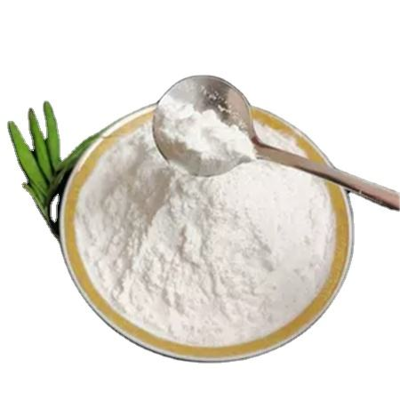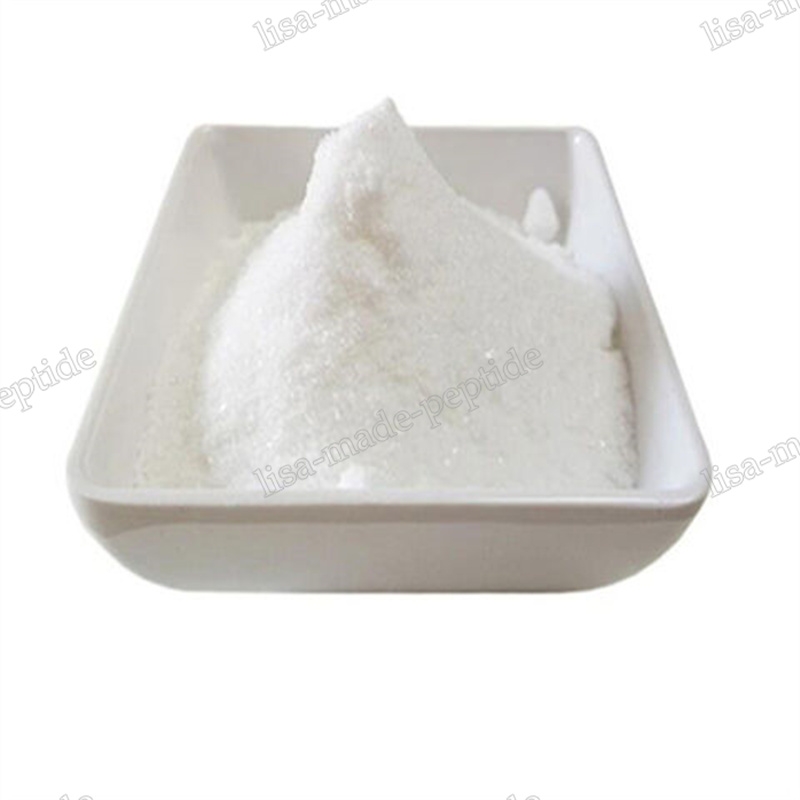-
Categories
-
Pharmaceutical Intermediates
-
Active Pharmaceutical Ingredients
-
Food Additives
- Industrial Coatings
- Agrochemicals
- Dyes and Pigments
- Surfactant
- Flavors and Fragrances
- Chemical Reagents
- Catalyst and Auxiliary
- Natural Products
- Inorganic Chemistry
-
Organic Chemistry
-
Biochemical Engineering
- Analytical Chemistry
-
Cosmetic Ingredient
- Water Treatment Chemical
-
Pharmaceutical Intermediates
Promotion
ECHEMI Mall
Wholesale
Weekly Price
Exhibition
News
-
Trade Service
【Chemical Machinery and Equipment Network Star Enterprise】Good news! SiBao Technology has recently obtained a national invention patent authorization: a modified silicon oxide/carbon nanotube composite anode material and preparation method thereof, patent number: ZL202011586742.
9
.
Up to now, the company has a total of 284 patents, including 3 American invention patents and 1 Japanese invention patent!
9
.
Up to now, the company has a total of 284 patents, including 3 American invention patents and 1 Japanese invention patent!
The endurance of new energy vehicles depends on the energy density of the battery, the potential of the energy density of traditional graphite anode materials has been fully tapped, the performance is close to the theoretical limit, the theoretical specific capacity of silicon-carbon anode materials can reach more than 10 times that of graphite, and has the advantages of low cost and high efficiency of the first Coulomb, and the application prospects are very broad
.
However, silicon-carbon anode materials have two problems
: poor conductivity and poor battery cyclability caused by high expansion rate.
While having obvious advantages, how to overcome the defects of silicon-carbon anode materials has become a major issue
in the industry.
.
However, silicon-carbon anode materials have two problems
: poor conductivity and poor battery cyclability caused by high expansion rate.
While having obvious advantages, how to overcome the defects of silicon-carbon anode materials has become a major issue
in the industry.
SiBao Technology's patented technology was born
for this purpose.
This technology innovatively uses the special structure and organic functional groups of silane coupling agents to form a solid network structure protective layer
tightly bound to the body on the surface of silicon oxide through chemical reactions.
This protective layer of mesh structure can effectively suppress the cracking of silicon oxide and volume expansion effect
.
Carbon nanotubes have good conductivity, and the modified silicon oxide is composited to form a three-dimensional structure, which can better inhibit the volume expansion of silicon oxide, and the conductive layer is not easy to fall off, so as to improve the conductivity of the material and improve the cycling performance of
the electrode material.
for this purpose.
This technology innovatively uses the special structure and organic functional groups of silane coupling agents to form a solid network structure protective layer
tightly bound to the body on the surface of silicon oxide through chemical reactions.
This protective layer of mesh structure can effectively suppress the cracking of silicon oxide and volume expansion effect
.
Carbon nanotubes have good conductivity, and the modified silicon oxide is composited to form a three-dimensional structure, which can better inhibit the volume expansion of silicon oxide, and the conductive layer is not easy to fall off, so as to improve the conductivity of the material and improve the cycling performance of
the electrode material.
Since the beginning of 2016, SiBao Technology has established a R&D team to carry out research on materials related to the field of lithium batteries; In 2017, the company took the lead in undertaking the Chengdu industrial cluster project "Key Materials for High Safety and High Specific Energy Power Lithium-ion Batteries", and cooperated with Sichuan University, University of Electronic Science and Technology of China and other universities and enterprises to jointly develop high-nickel cathode materials, silicon-carbon anode materials, flame-retardant electrolytes (quality), high-performance thermal conductive materials and other products; In 2019, the company built a 50 tons/year silicon-carbon anode pilot production line, and the products passed the evaluation of battery companies and obtained small batch purchases; In the same year, the industrial cluster project led by the company passed the appraisal of the achievements of the Sichuan Provincial Department of Economy and Information Technology, and the appraisal results were: international advanced level; During the period, a total of 14 invention patents were applied, 11 academic papers were published, and 4 standards were formulated
.
.
In August 2021, SiBao Technology and CATL New Energy Technology Co.
, Ltd.
signed the "Cooperation Framework Agreement" to jointly develop protective sealing materials including but not limited to thermal conduction, sealing, shock absorption, insulation and other protective sealing materials for batteries and their packages, as well as other new materials
to improve battery performance.
, Ltd.
signed the "Cooperation Framework Agreement" to jointly develop protective sealing materials including but not limited to thermal conduction, sealing, shock absorption, insulation and other protective sealing materials for batteries and their packages, as well as other new materials
to improve battery performance.
In November 2021, SiBao Technology established a wholly-owned subsidiary Silicon Bao (Meishan) New Energy Materials Co.
, Ltd.
, with a total investment of RMB 560 million to build 10,000 tons/year of silicon-carbon anode materials for lithium batteries, a 40,000-ton/year special adhesive production base and a lithium battery material R&D center, so as to prepare
for the industrialized large-scale production of silicon-carbon anode materials of the company.
Under the impetus of Sibao, the technology and industrialization of domestic silicon-carbon anode materials have made rapid progress
in the past two years.
, Ltd.
, with a total investment of RMB 560 million to build 10,000 tons/year of silicon-carbon anode materials for lithium batteries, a 40,000-ton/year special adhesive production base and a lithium battery material R&D center, so as to prepare
for the industrialized large-scale production of silicon-carbon anode materials of the company.
Under the impetus of Sibao, the technology and industrialization of domestic silicon-carbon anode materials have made rapid progress
in the past two years.
In terms of technological innovation, Silicon Bao Technology has always dared to be the first person
to eat crabs.
In SiBao Technology and other enterprises to pay time, money and sweat for the development of lithium battery material technology, silicon carbon anode materials will surely open up the "last mile" of new energy vehicle endurance while the concept is hot!
to eat crabs.
In SiBao Technology and other enterprises to pay time, money and sweat for the development of lithium battery material technology, silicon carbon anode materials will surely open up the "last mile" of new energy vehicle endurance while the concept is hot!
Original: SiBao won a new patent for silicon-carbon anode material!







